“We’ve got to get those Garths off that island — with no dispossessing, no marshals, no shotguns, and no incidents that might get into the papers.”
|
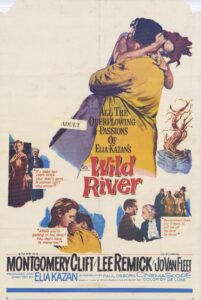
Synopsis:
In the 1930s, a representative of the Tennessee Valley Authority (Montgomery Clift) arrives at a small island with the task of convincing its owner (Jo Van Fleet) to sell her property. He immediately encounters resistance, yet finds himself falling in love with Van Fleet’s widowed granddaughter (Lee Remick).
|
|
Genres, Themes, Actors, and Directors:
- Cross-Class Relationship
- Deep South
- Depression Era
- Elia Kazan Films
- Historical Drama
- Lee Remick Films
- Montgomery Clift Films
- Strong Females
Review:
This powerful historical drama about the clash between public necessity and private autonomy remains one of Elia Kazan’s finest films. The story opens with a real-life newscast depicting the devastation wrought on poor Tennessee farmers after the Mississippi River has once again flooded the area, thus establishing Clift’s TVA-sponsored presence as a necessary evil — yet it’s impossible not to side at least partially with crotchety Ella Garth (Van Fleet), whose entire identity is wrapped up in the island her family has owned for years. While it’s clear that Garth will somehow — eventually — be “convinced” to move, the story of how this happens remains compelling until the end.
Wild River is most memorable, however, for its remarkable performances — primarily by 46-year-old Van Fleet (her make-up artist deserves ample praise as well) and 25-year-old Lee Remick, who has never looked more stunning or been more affecting. This was purportedly Remick’s personal favorite of all the films she made, and it’s easy to see why: she invests her character with a lifetime of loss and hope, turning what is clearly a convenient “plot device” romance into a believable dimension of the story. Other supporting actors — and Clift himself — are fine as well, but it’s Van Fleet and Remick who really make this powerful film must-see viewing.
Redeeming Qualities and Moments:
- Jo Van Fleet as Ella Garth
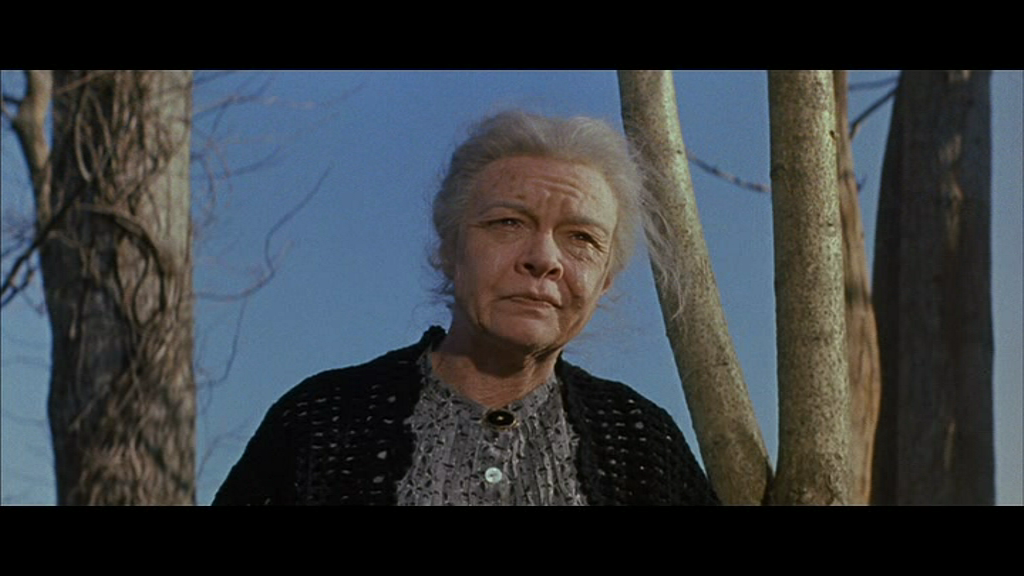
- Lee Remick as Carol
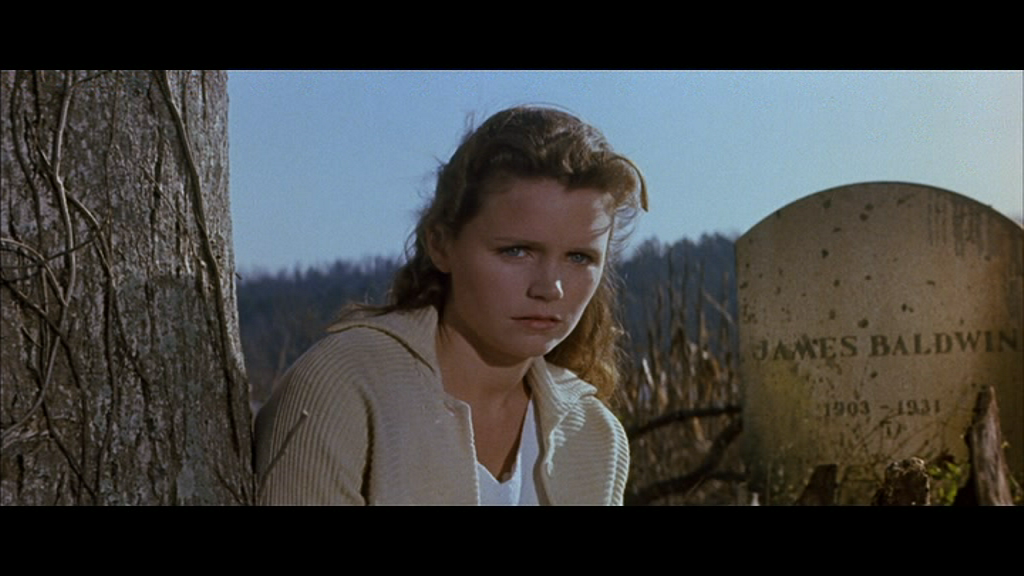
- Montgomery Clift as Chuck Glover
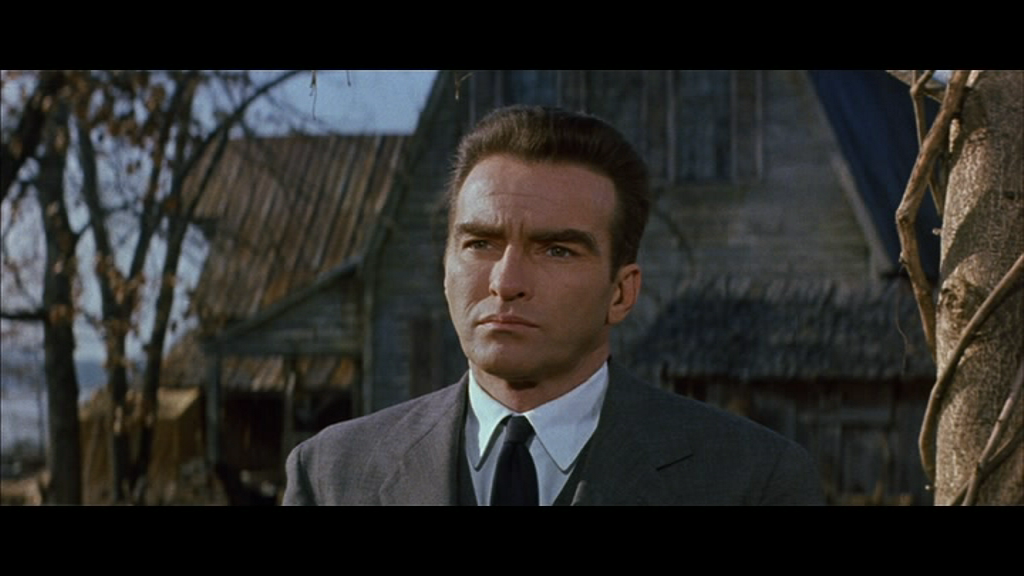
- Barbara Loden (Kazan’s wife) in a tiny but effective supporting role as Clift’s secretary
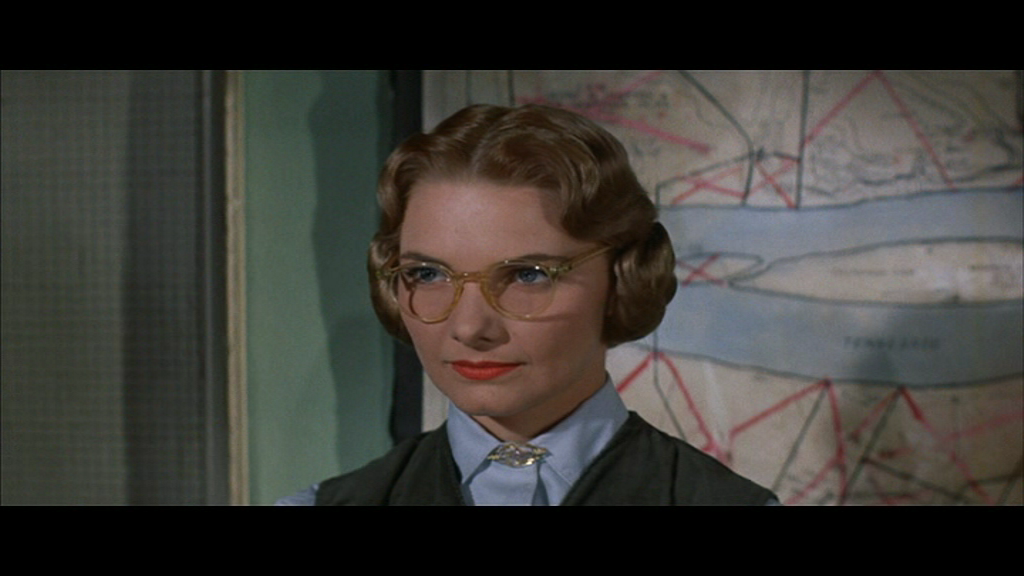
- An honest, sensitive depiction of race relations in a bigoted southern town
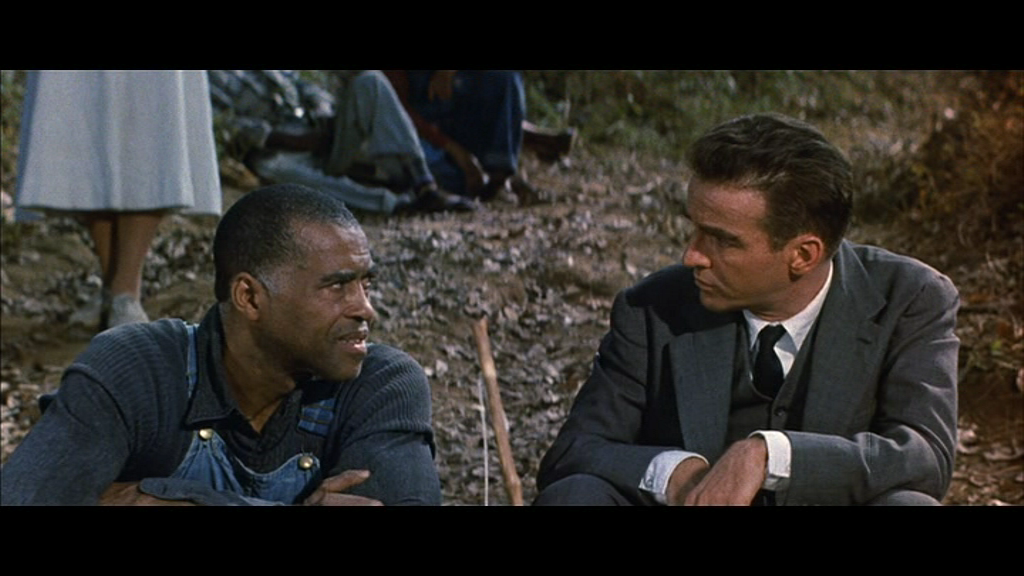
- A heartfelt story of greater good versus individual choice
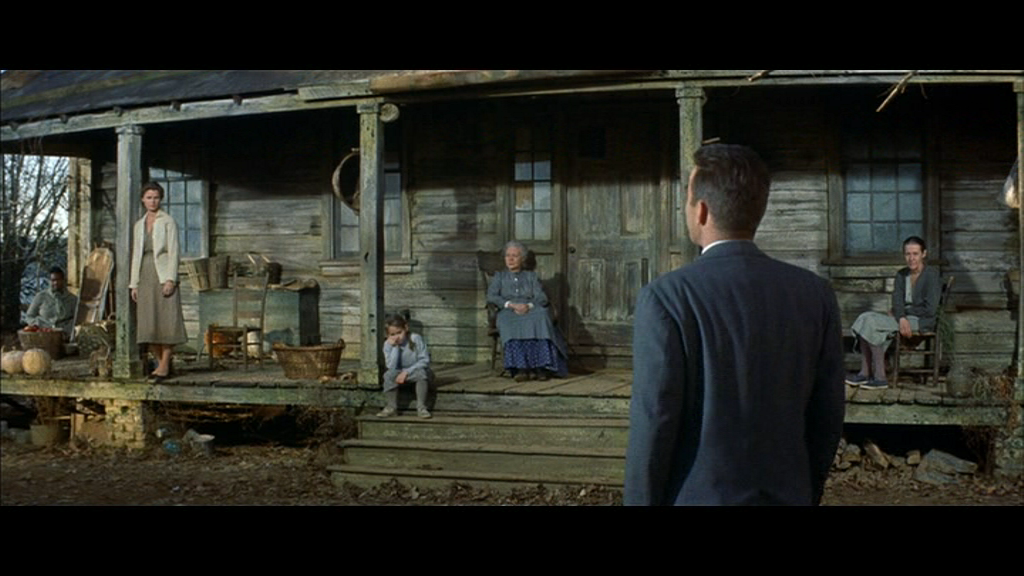
- Van Fleet’s provocative explanation of why it’s impossible to force someone to sell something they love
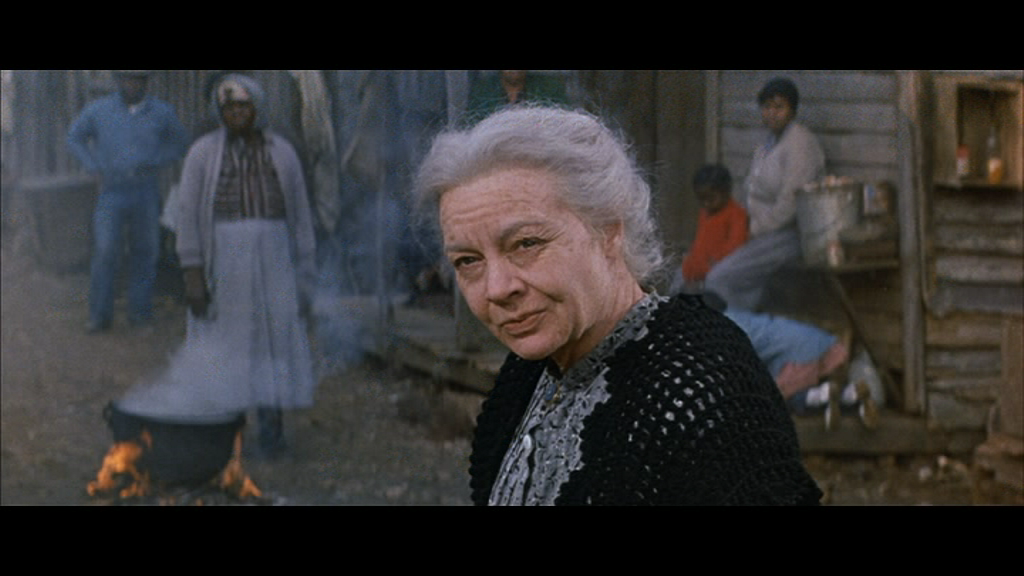
- Fine location cinematography by Ellsworth Fredericks
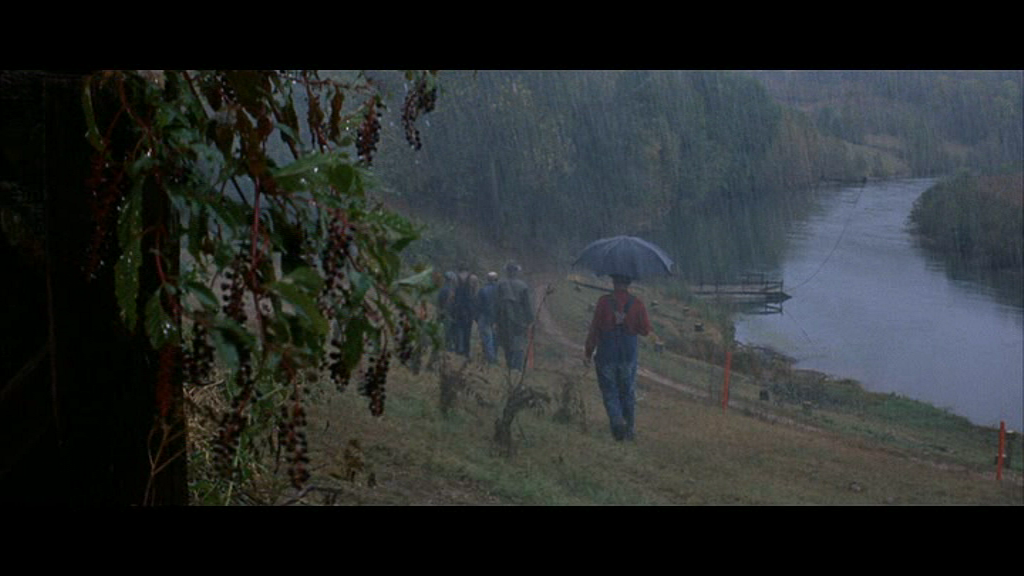
Must See?
Yes, as one of Kazan’s finest films, and for Fleet and Remick’s performances.
Categories
- Important Director
- Noteworthy Performance(s)
Links:
|
One thought on “Wild River (1960)”
A must.
Would the average ff realize how few movies Elia Kazan actually made? (Of course, he also worked in theater, wrote novels, and there was that bizarre, mind-boggling mess over ‘naming names’ – though that didn’t seem to prevent him from getting movies made.)
The films he’s mostly known for are shown on tv with considerable frequency and, of course, are on DVD (also available, inexplicably, is his mind-numbing ‘turkey-shoot’ ‘The Arrangement’).
Then there are films like ‘Viva Zapata!’, for example, and ‘Wild River’ – and it is odd that they have to be hunted down.
While it’s true that Remick (agreed; looking lovely) and Van Fleet give two of the strongest performances, Clift does one of those ‘less is more’ turns, and his subtlety pays off. (I particularly like the ways he applies amusement and humor.)
Kazan is at his best here when handling the meatier sequences: (as noted), Van Fleet attempting to ‘buy the dog’; Clift being pressed to pay black laborers less than whites; the “You owe me four dollars.” scene between Clift and (remarkable in this scene) Albert Salmi. The sidebar love story is invested with the kind of microscopic detail that would reach plentiful fruition in Kazan’s ‘Splendor in the Grass’ the following year.
The opening documentary footage segues to what has a documentary feel throughout. Like John Huston in this sense, Kazan appears less interested in ‘performances’ than in creating something that feels like it’s happening now. (One reason, I think, why the work of both men has generally aged well.) Overall, ‘Wild River’ is a powerful film, and the final sequences are particularly moving.